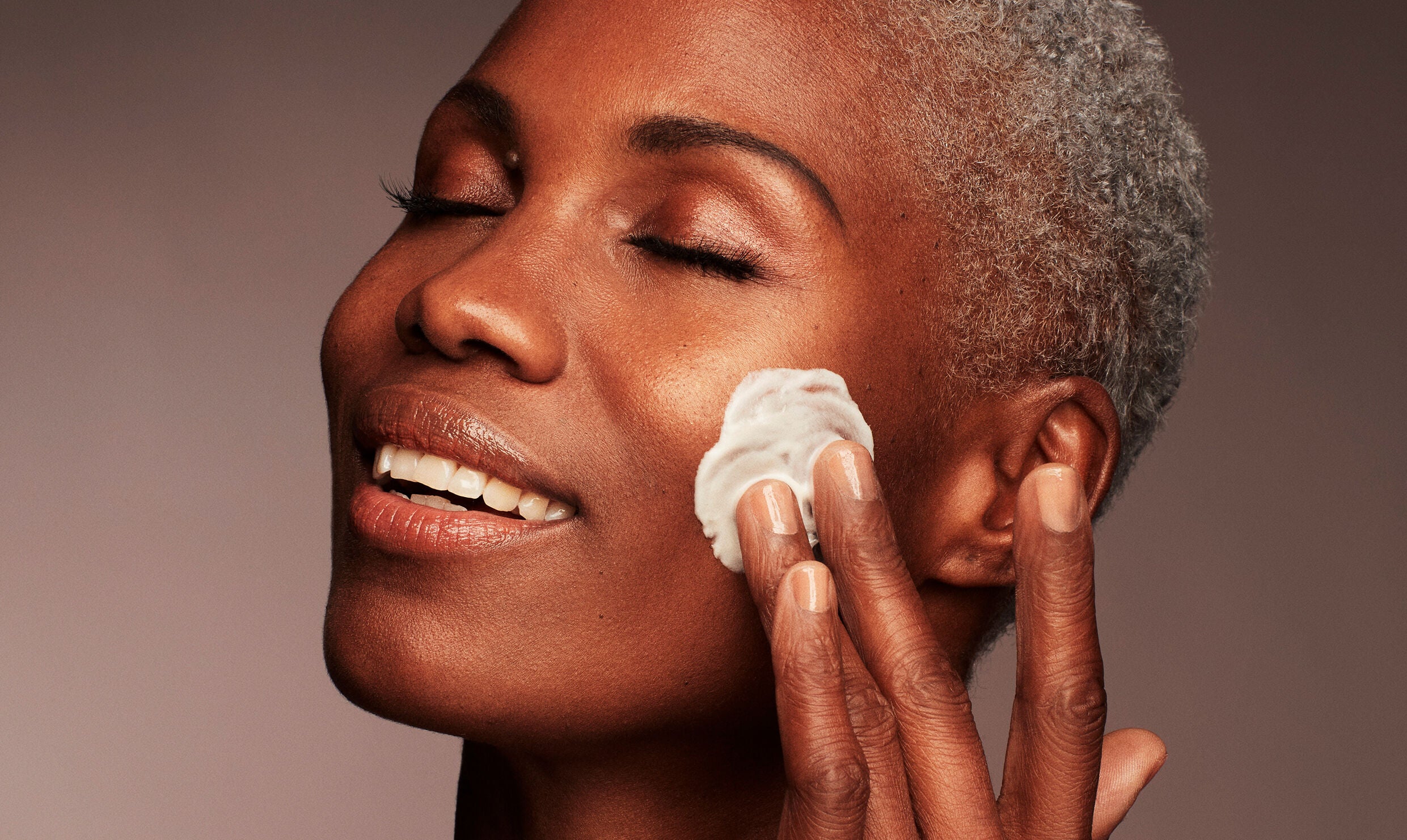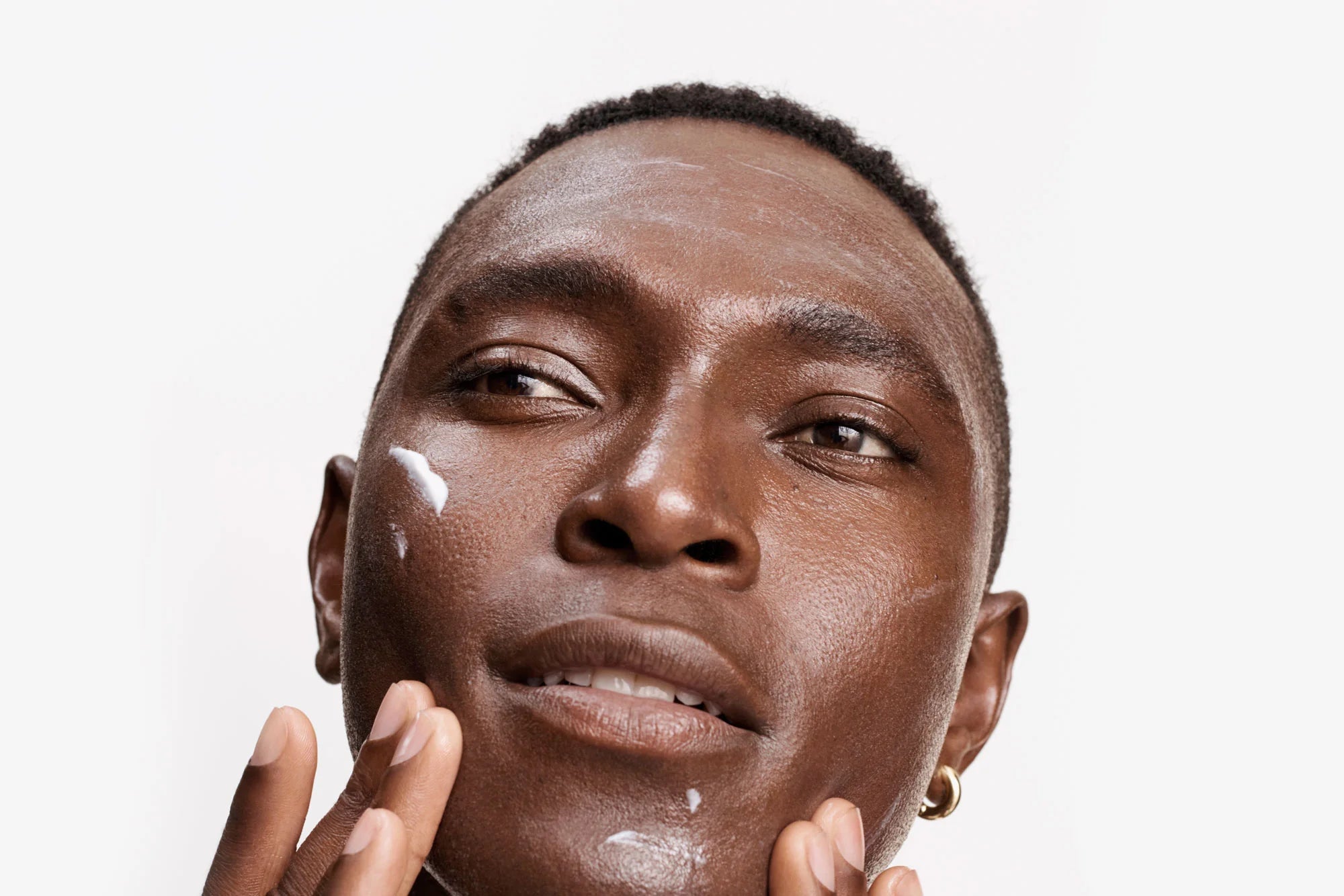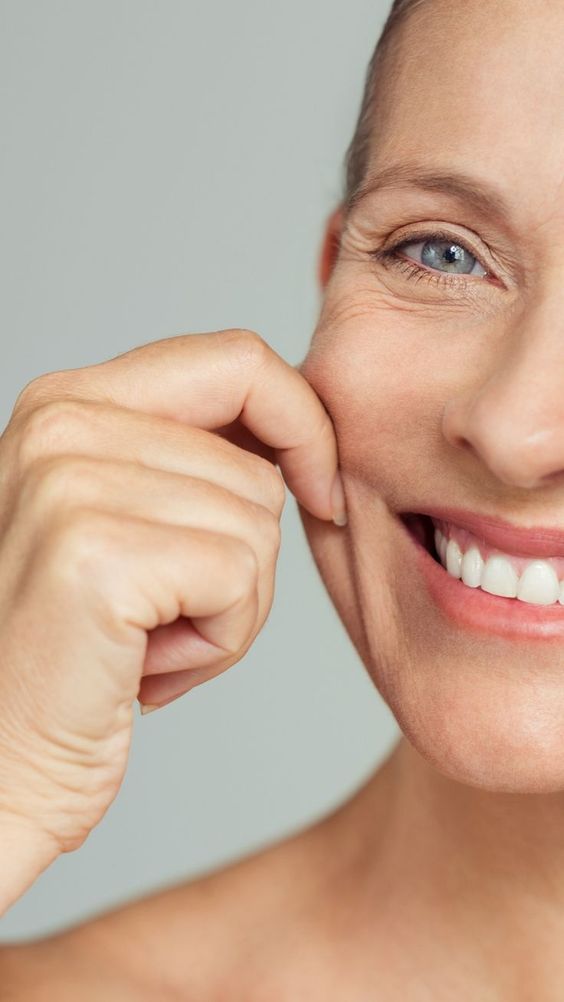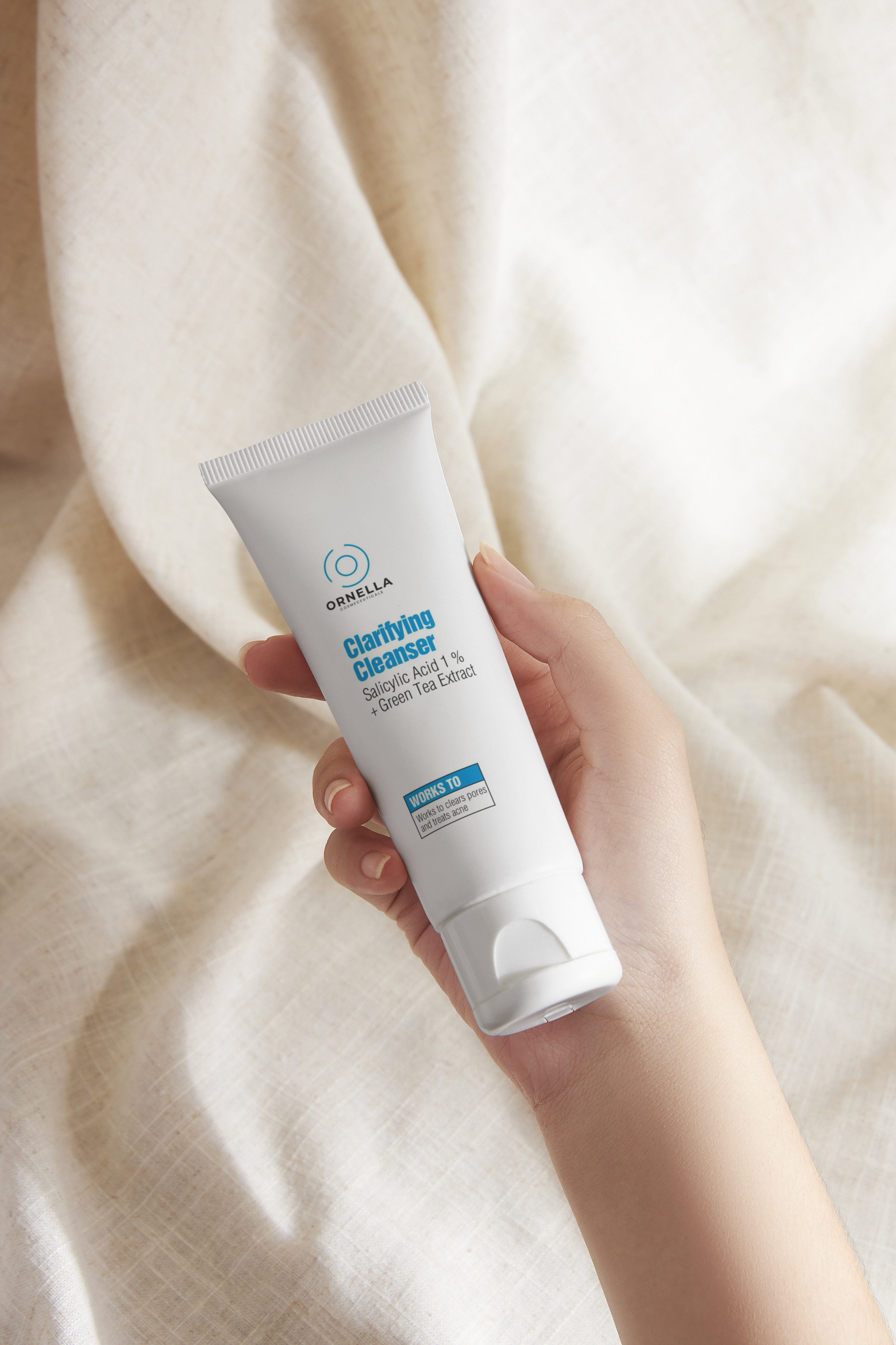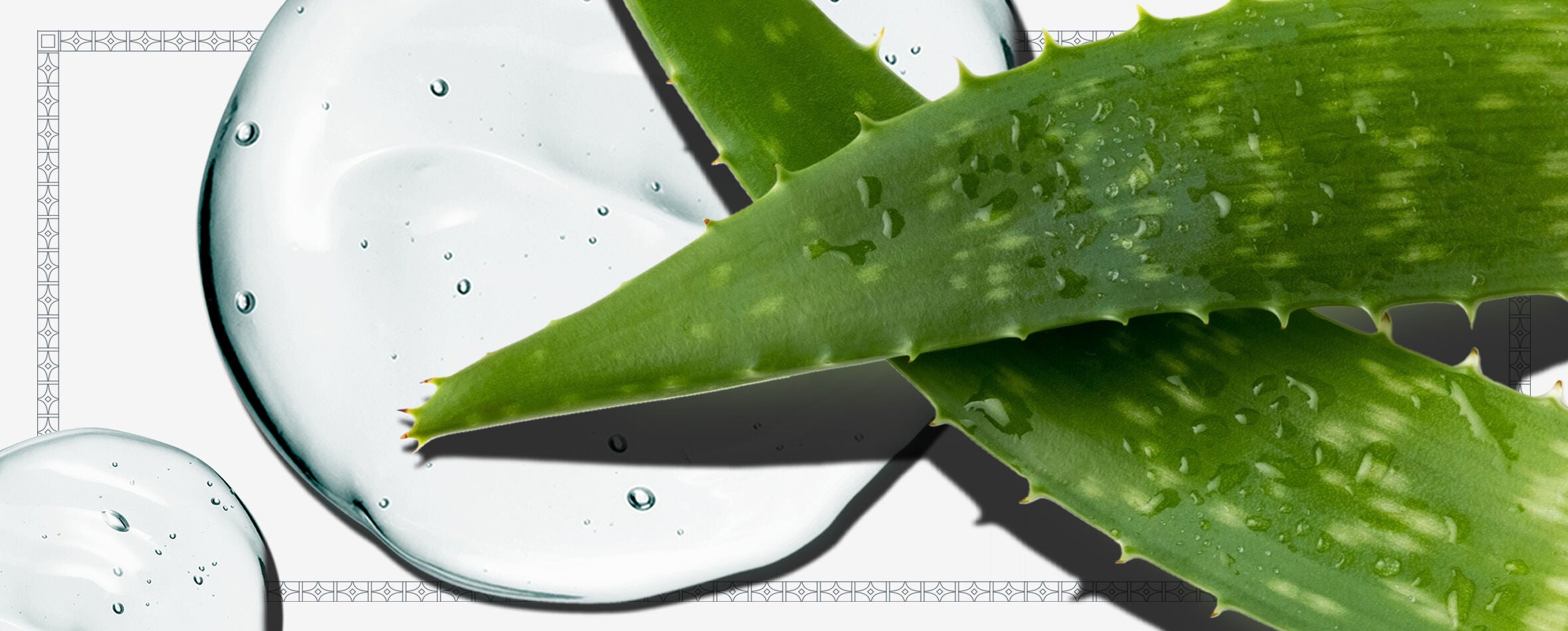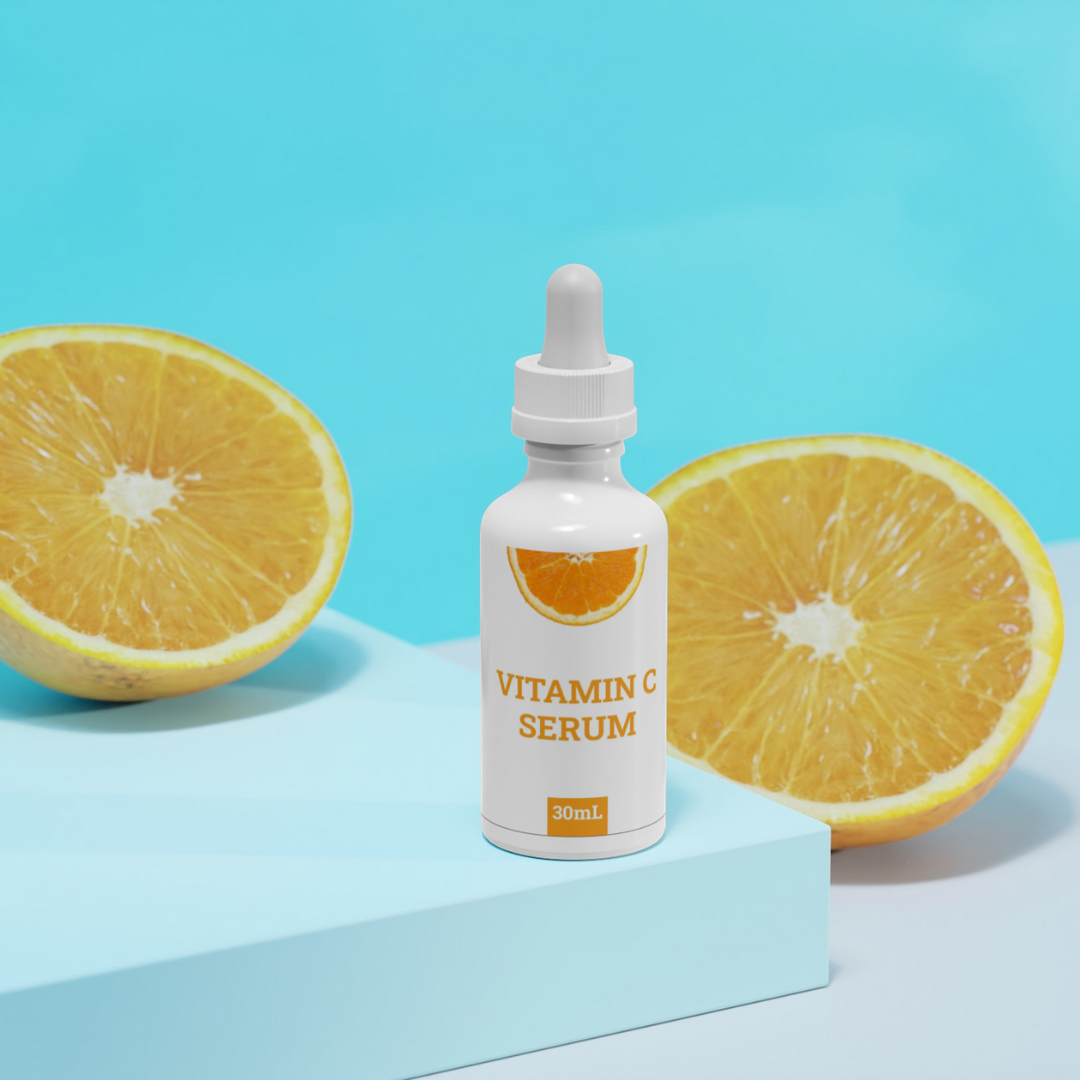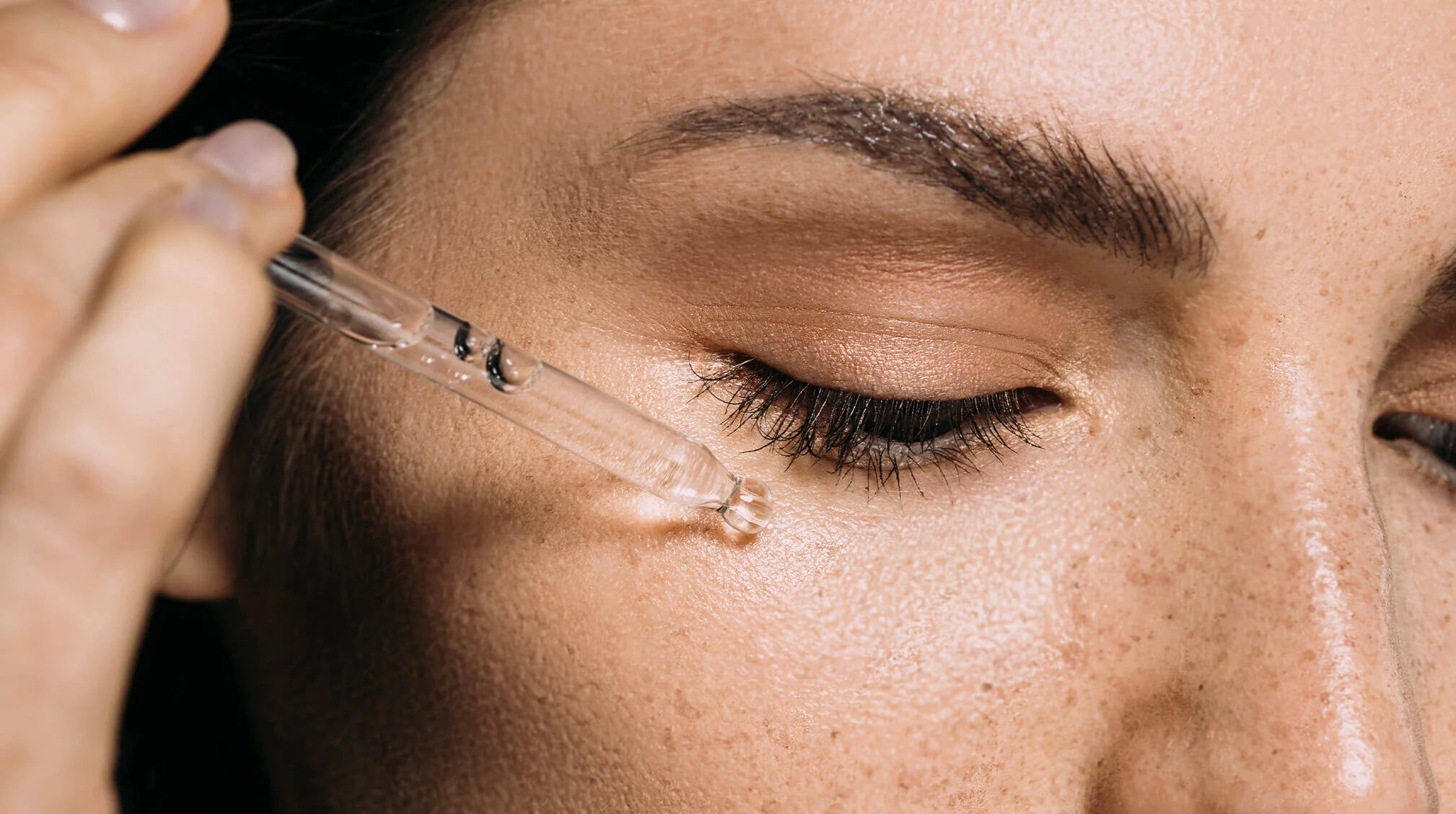
EVERYTHING YOU NEED TO KNOW ABOUT HYALURONIC ACID
The beauty industry loves hyaluronic acid right now. And for good reason - it is a superstar, non-irritating ingredient for moisturizing and relieving dry skin. But do you know exactly what it is? How it works? Or that it has an important counterpart named sodium hyaluronate? Let’s start with the basics.
What is hyaluronic acid?
Hyaluronic acid is more than just a skincare ingredient. It’s actually a molecule that’s naturally produced by your body. Found primarily in the skin, connective tissue and eyes, this gooey substance retains water to lubricate our joints and tissue.

HYALURONIC ACID FACTS:
- Carries up to 1000x its own weight in water
- Supports healthy collagen and elastin production, and
- Assists with wound healing.
Hyaluronic acid is reduced by sun exposure, dehydration, air conditioning, stress, smoking, poor diet, excessive alcohol consumption, and oh, age. Anything naughty really.
As we age, our skin loses hyaluronic acid levels and with it, the ability to protect itself from the sun, higher levels of inflammation, pigmentation, wrinkles.....*sits in a bath of HA*.
Hyaluronic acid is also something your body produces more of in response to damage or inflammation (like sun exposure) to assist in wound healing. Half of your body’s stores sit in the epidermis and create a healing environment for your skin to make collagen and elastin.
HOW DOES HYALURONIC ACID WORK?
Think of your skin like a sponge. You want that sponge full of moisture, soft and pliable, not brittle and hard. Hyaluronic acid is what keeps that moisture in your sponge.
When we have plenty of hyaluronic acid in the epidermis, our skin retains moisture better, looks plumper and heals faster.
Sadly, this wonderful ‘fountain of youth’… how can we say. It dries up. We need to top up hyaluronic acid regularly for our skin to look its best.
As we age or sustain sun damage (or both), we produce less hyaluronic acid and our skin becomes less efficient at holding onto what we’ve got.

What are the benefits?
Both sodium hyaluronate and hyaluronic acid have the same skincare benefits, the most significant of which is extreme hydration. This hydrator can help improve the overall complexion through:
-
Firmer skin - When sodium hyaluronate sinks deep into the skin between connective tissue, it increases the skin’s ability to absorb and retain moisture. This results in skin that looks and feels firmer and more youthful.
-
Fewer wrinkles and fine lines - As skin becomes firmer, it also becomes plumper, which reduces the appearance of fine lines and wrinkles. Additionally, well-moisturized skin helps to prevent the emergence of future wrinkles.
- Hydration that won’t clog pores - Both hyaluronic acid and sodium hyaluronate are extremely gentle and non-comedogenic, so even people with sensitive and/or acne-prone skin can reap the powerful hydration and moisturization benefits.
Plus, well-moisturized skin is essential for people who suffer from breakouts. When skin is too dry, sebum production goes into overdrive, which ultimately clogs pores and results in even more breakouts. So whether you choose a product with hyaluronic acid or sodium hyaluronate, moisturizing is definitely a good thing, especially during these dry, cold winter months!
SO, WHAT HYALURONIC ACID PRODUCTS SHOULD I USE?
There are many different forms of hyaluronic acid we use in skincare, each with different properties. For best results, we want a combination of hyaluronic acid forms to create maximum moisture and bounce. Let’s look at some great hyaluronic acid products to top us up!

HYALURONIC ACID 2% + B5 AND CERAMIDE HYDRATING SERUM
Smooth, supple, healthy skin—it all starts with hydration. This lightweight, non-sticky hydrating serum immediately quenches skin above and below the surface. A blend of dermatologist-approved hyaluronic acid, peptides, and antioxidants provides instant dryness relief while boosting your skin’s own barrier function. A hydrating booster with 4 different types of Hyaluronic Acid Molecules along with super hydrator Polyglutamic Acid (PGA). Provides multi-level hydration throughout the day.
2% ALPHA ARBUTIN ULTRA WHITENING SERUM
An anti-pigmentation daily serum with high purity Alpha Arbutin along with Butyl-resorcinol and 2% Hyaluronic Acid for dramatically reducing dark spots and blemishes for brighter, even-looking skin after few days of use. This formula contains Ferulic Acid which is a potent antioxidant and improves the product efficacy. Ferulic acid has a characteristic mild woody smell & it gets imparted to the product as well.
12% (VITAMIN C + VITAMIN E) BRIGHTENING SERUM
Fend off dullness with a brightening serum made with a cocktail of pigmentation-fighting plant extracts and antioxidants. With vitamin C (one of the most well-researched and proven ingredients for brightening and firming), Vitamin E( for its hydration properties) and Hyaluronic acid ( A powerful anti-aging properties) and niacinamide (a form of vitamin B3 that reduces the appearance of discoloration), so uneven skin tone can become a thing of the past. In addition to that our serum consist of Licorice root and Red Algae extracts. Our brightening serum also helps firm, hydrate, and strengthen skin. Stick with it and those brightening ingredients have some solid fringe benefits.
RE YOU USING HYALURONIC ACID PROPERLY?
Did you know that applying it incorrectly could actually be drying you out?
Hyaluronic acid binds to water, which means is grabs any moisture around it. When applied to dry skin, it has the potential to pull water out of the skin, instead of adding it in. Meaning, you could be drying out your skin even further!
The fix?
Hyaluronic acid should be applied to damp skin so that it seals the water in, instead of pulling water out.
BONUS: TEN THINGS YOU (PROBABLY) DIDN’T KNOW ABOUT HYALURONIC ACID:
- Hyaluronic acid is found naturally in the body, so it’s easily accepted by sensitive skin types.
- Doctors use hyaluronic acid to help treat osteoarthritis, dry eye, and acid reflux.
- Lip and cheek filler is made of hyaluronic acid (plump lips here we come)
- Half the body’s hyaluronic acid is found in the skin.
- Hyaluronic acid ratios change as we age, so much so that scientists can predict a skin’s ‘visual age’ based on how much hyaluronic acid we have in the upper layers of our skin!
- Hyaluronic acid carries up to 1000x its own weight in water. Some cross-linked forms carry 5 times that i.e. 5000x its own weight in water!
- Your body produces extra HA when it’s injured, as it is amazing for wound healing, pimples and acne scarring.
- Hyaluronic acid stores assist the body in protecting itself from sun damage
- High levels of Hyaluronic acid are associated with better quality collagen and elastin production (that means, firmer bouncier skin)
- It’s natural! There are multiple forms (including vegan ones) so it’s super safe to use.
It's safe to say that hyaluronic acid is a must-have ingredient every skincare routine. Find what works for you and give your skin the hydration it needs to protect it for the long-term!
